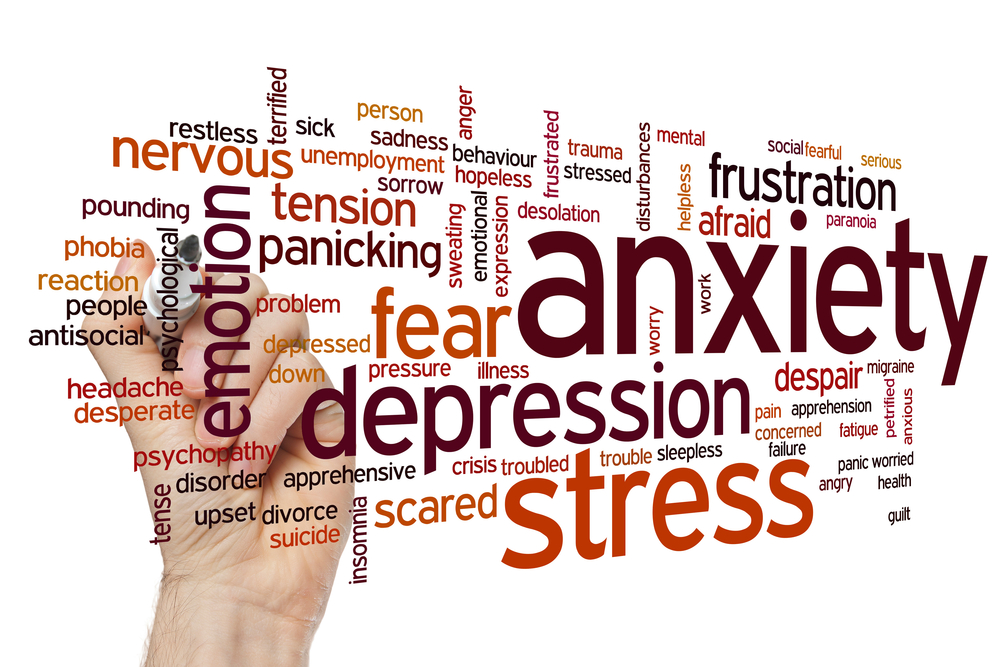Decoding Stress – All You Need to Know about This 21st Century Health Epidemic

Stress is a most natural phenomenon that can affect anybody at anytime. It is estimated that 90% of the Indian population suffers from stress and a majority of them are unable to cope with it. Furthermore, around 75% of them feel uncomfortable sharing their problem with anyone – even to a mental health professional. This is because people often do not understand what stress is and are ashamed to discuss it. It is mainly this lack of social acceptance that holds them back.
Let’s understand what stress is, and learn more about its causes and symptoms:
What is stress?
Stress is a reaction that our body produces in any harmful situation. A chemical reaction occurs in the body that enables it to react in a way to prevent injury or protect ourselves. This is called stress response or ‘fight-or-flight’ and is characterised by rapid heartbeat, quick breathing, tightening of muscles, and elevated blood pressure.
You may feel stressed due to an examination, interview, competition, while handling kids, managing finances, or even while cooking. Though a certain level of stress is good – it pushes you to perform better in some situations – a lot of it can have a negative effect on both, your body and mind. It is essential to differentiate between healthy stress and negative stress so that one can control it before it reaches a breaking point.
What causes stress?
Stress and the reasons for it can be different for different people. A situation that makes you feel stressed out could be a regular event for another person, or vice versa. But if a situation causes you to panic and become restless, it can be a cause for stress. It can be an exhausting work schedule, tight deadlines, significant life changes, financial constraints, relationship difficulties, or simply a negative outlook to life.
What are some common symptoms of stress?
Stress shows its effect on every aspect of life – emotional, physical, cognitive, and behavioural. So its symptoms involve all these aspects. Here are some signs of each aspect:
Emotional: Stress causes emotional symptoms such as feeling lonely, sad, and depressed; frequent episodes of agitation, anger, or frustration; losing control over emotions; difficulty in controlling and relaxing the mind; avoiding others, etc.
Physical: Physical symptoms of stress include low energy levels, frequent headaches, bad stomach or indigestion, body pains, rapid heartbeat, chest pains, difficulty falling asleep, low immunity, decreased sexual desire, nervousness, continuous shaking of hands or legs, cold or sweaty hands and feet, dry mouth, difficulty in swallowing, teeth-grinding, etc.
Cognitive: Cognitive symptoms include constant overthinking and worrying, forgetfulness, inability to focus or judge, seeing only the negative aspect of everything, etc.
Behavioural: Behavioural symptoms of stress include changes in appetite (eating too much or not at all); avoiding responsibilities; addiction to alcohol, smoking, or drugs; nail-biting; nervous instability, etc.
What are the consequences of stress on the body and mind?
As mentioned, a bit of ‘good’ stress is healthy, but if it becomes chronic it can cause various mental health problems such as anxiety, depression, personality disorder, etc. It can also cause physical disorders such as obesity, menstrual problems, sexual dysfunction, gastrointestinal problems, skin and hair issues, cardiovascular disorders, hypertension, heart diseases, stroke, etc.
How can one deal with stress?
Considering the consequences stress has on the body and mind, it is essential for every person suffering from chronic stress to get professional help from a mental health practitioner. Various body and mind disorders have overlapping symptoms, so a thorough evaluation by a qualified physician is a must for the right diagnosis and management of every disorder.
Premature ageing, cancer, cardiovascular ailments, reduced fertility, etc., are a few outcomes of stress that can adversely affect your quality of life. So, don’t hesitate to get help from a mental health professional to ensure better health of your body and mind.














